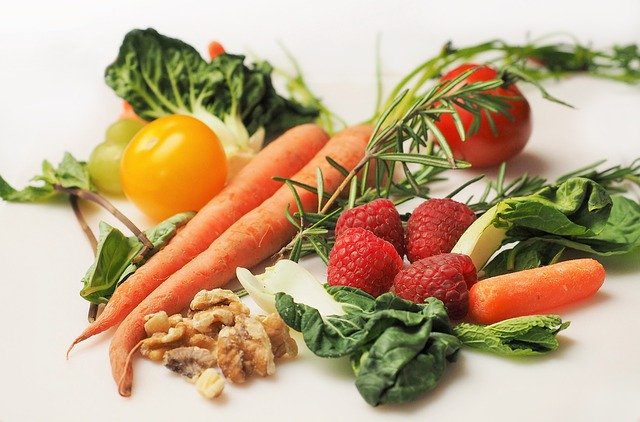




When talking about health, it is equally important to boost our immunity to protect ourselves. Washing our hands, practicing better hygiene with social distancing play an important role in protecting us from many diseases. However, nutrition is the foundation upon which a strong immune system is built.
Due to the lockdown, we can expect a severe decline in both the quantity as well as the variety of food options. This can adversely impact our nutritional status, especially among the vulnerable.
According to the National Family Health Survey (2015-16), more than 60% of pregnant and lactating women in Jharkhand are anemic, while nearly one-third of the thinner women in reproductive ages suffer from poor nutrition.
The World Health Organization (WHO) suggests that there is no evidence at present of pregnant women being at higher risk of COVID-19 compared to the general population.
Therefore, they must take the same precautions such as regular handwashing, not touching their faces and observing social distancing. They should report possible symptoms such as fever, cough or difficulty in breathing to their healthcare provider.
To stay healthy, it is important for husbands and families to ensure that pregnant women eat at least three main meals a day, with one nutritious snack in the first 3 months of pregnancy and two nutritious snacks in 4th to 9th month of pregnancy.
Each meal must include at least one item each from energy giving foods (cereals, fats and sugar), body building (pulses and legumes, nuts, dairy, eggs, meat, fish and poultry) and protective foods (vegetables and fruits).
While fresh fruits and vegetable are ideal, foods with a longer shelf life can be considered during the lockdown–millets like bajra, ragi, jowar, pulses like chole, chana, moong, rajma, soyabean, beans and various types of locally available affordable nuts. If fresh foods are not available, healthy food options should be identified, processed foods high in saturated fat limited, sugars, salt, and sugary drinks should be avoided.
A balanced diet must be accompanied by a daily dose of iron and calcium tablets as prescribed. Meat and eggs are safe as long as they are cooked thoroughly. It is equally important to ensure that groceries are adequately washed after they are brought home. Good eating habits should be supplemented by a proper water intake (8-10 glasses a day). During antenatal visits, it is important to monitor gestational weight gain and severe anemia.
Fear and anxiety due to COVID-19 coupled with pregnancy can become overwhelming for a pregnant woman. A good nutritious diet plays a role in controlling mood, anxiety, sleep, energy levels and appetite.
It is important for pregnant women to find opportunities for 20-25 minutes of light physical exercise everyday, and ensure a daily dose of sunlight for at least 30–40 minutes. Adequate rest is equally important and should ideally consist of 2 hours of rest in the daytime and 8 hours of sleep at night. Caffeine, alcohol, tobacco and other addictive substances must be avoided as they harm the baby.
There are many questions from lactating mothers on safe breastfeeding during the COVID-19 pandemic. I would like to reinforce that breastfeeding protects newborns from getting sick and helps protect them throughout their infancy and childhood. It is particularly effective against infectious diseases because it strengthens the immune system. Mothers who exhibit symptoms should seek medical care early and follow the instructions given by their healthcare provider.
Mother and infant should remain together and practice skin-to-skin contact, especially straight after birth to establish breastfeeding. Breastfeeding must continue even if the child or the mother is suspected with or tests positive for COVID-19 or any other illness.
Mothers can continue to breastfeed their children with a few precautions in mind. First, they should use a mask when breastfeeding. They should wash their hands with soap and water for at least 20 seconds before and after contact with the child and regularly clean or disinfect any surfaces they come in contact with.
Mothers who are too ill to breastfeed can express their milk. The mother or father can then feed it to the child with a cup and a spoon. At all times, they must observe adequate hand hygiene. Breastmilk substitutes, formula milk, feeding bottles, pacifiers should neither be promoted nor used.
Finally, I also want to take a moment to appreciate the great acts of generosity by many of our fellow citizens, who are playing their part in providing nutrition to the needy during the lockdown. Ultimately, it is by observing precautions and by treating those around us with care and compassion, that we will overcome this challenge.
(Prasanta Dash is Chief Field Officer of UNICEF, Jharkhand )



